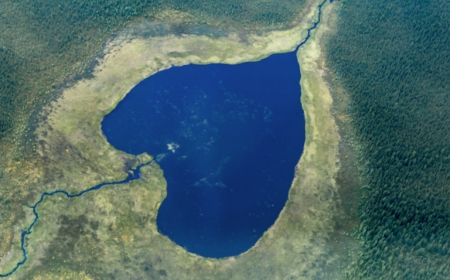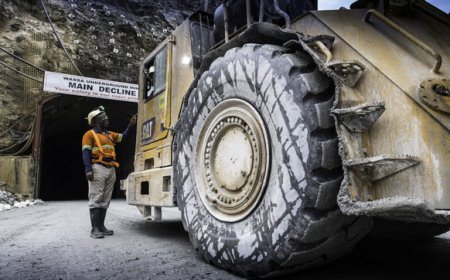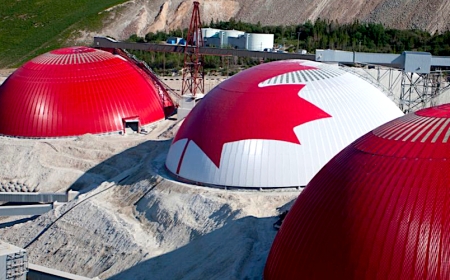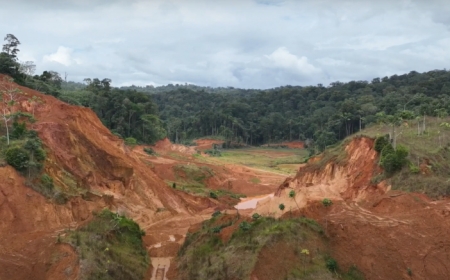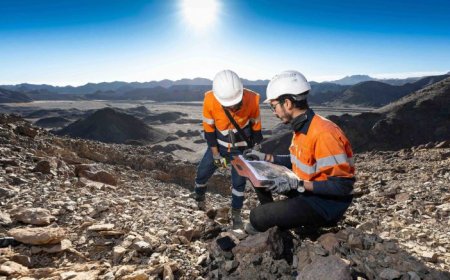TNM Drill Down: Serbia produces best gold assay of Apr. 6-13
Our TNM Drill Down features highlights of the top gold assays of the past week. Drill holes are ranked by gold grade x width, as identified by our sister company Mining Intelligence.
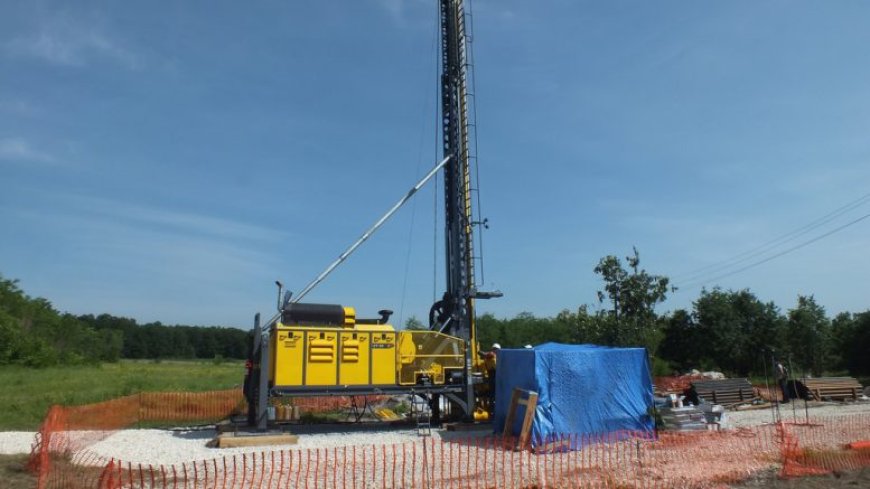

The top gold assays for the week Apr. 6-13 come from Europe and Australia. Dundee Precious Metals (TSX: DPM) leads the rankings with its Coka Rakita prospect at the Timok gold project in eastern Serbia. On Apr. 10, the Toronto-based company reported that hole RIDD008 returned 71 metres grading 18.05 grams gold per tonne from 445 metres depth, for a grade x width value of 1,282. The hole extends the limits of high-grade mineralization at Coka Rakita by about 60 metres south of previous hole RADDMET01, which in January returned 40 metres at 63.5 grams gold. It also increases the thickness of the target to more than 100 metres. There are currently seven drills turning at Coka Rakita, part of a 40,000-metre infill and extensional drill program aimed at supporting an initial resource by the end of the year. According to a prefeasibility study for Timok, published in 2021, the project is expected to produce about 547,000 oz. gold over an eight-year mine life. The study pegged average annual production at 80,000 oz. for the first six years at an all-in sustaining cost of US$693 per oz. Probable reserves at Timok come to 19.2 million tonnes at 1.07 gram gold per tonne, for a total of 662,000 gold oz. Indicated resources total 32.3 million tonnes grading 1.27 grams gold for 1.3 million oz. and inferred resources come to 900,000 tonnes at 1.5 gram gold for 45,000 ounces. The company is also working on preparing a feasibility study.

The second best assay of the week came from Karora Resources’ (TSX: KRR) Beta Hunt underground mine, located 600 km east of Perth, Australia. On Apr. 10, Karora reported that hole BL1730-04AE cut 7 metres grading 46.5 grams gold from 448 metres depth for a grade x width value of 326. That hole was drilled into Beta Hunt’s Fletcher Zone, one of several mineralized zones in the northern portion of the mine, including A Zone, Western Flanks and Sorrenson. The hole was aimed at testing the southern strike extension of the Fletcher Shear Zone, and it extended the drill-supported potential mineralized zone by 900 metres for a total strike length of 1.4 km. According to a March estimate, Beta Hunt hosts proven and probable reserves of 6.7 million tonnes grading 2.5 grams gold for 538,000 oz. of contained gold. Measured and indicated resources total 16.8 million tonnes grading 2.5 grams gold for 1.3 million oz. contained gold; and inferred resources total 12.4 million tonnes grading 2.6 grams gold for just over 1 million oz. of gold.
The third best drill assay of the week came from Great Boulder Resources’ (ASX: GBR) Side Well project, the second time in two weeks that assays from the Western Australian mine near Meekatharra have made it into the top three. On Apr. 13, the company said that hole 23MBRC011 cut 9 metres grading 27.3 grams gold from 240 metres depth for a grade x width value of 246. The hole was drilled into the northern area of the Mulga Bill prospect, a 6-km-long corridor where Great Boulder just finished the final three holes of a 13-hole first-phase program of 3,393 metres. The assays were from the eastern lode of Mulga Bill, first discovered last September. A reverse-circulation rig will return to the site this week to start follow-up drilling at Mulga Bill and Ironbark, to the southeast. Side Well hosts an inferred resource of 6.1 million tonnes grading 2.6 grams gold for 518,000 oz., according to an initial resource released in February.

